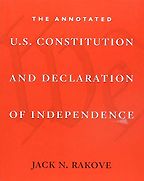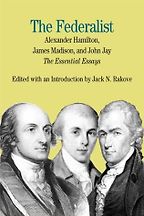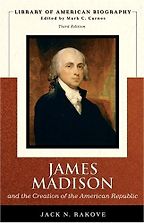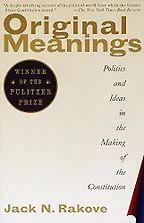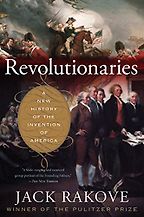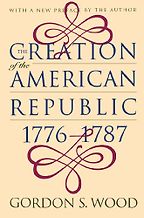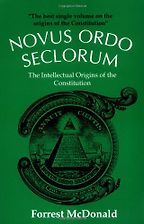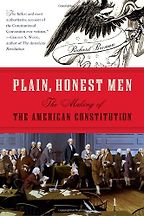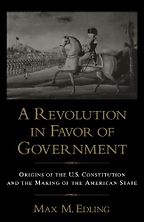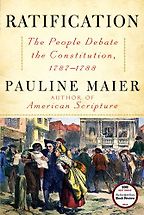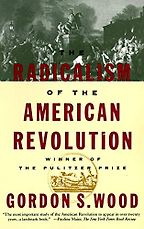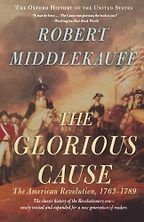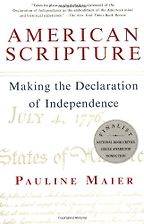
Books by Jack Rakove
Jack Rakove teaches history and political science at Stanford University. He is the author of six books on early American history. He won a Pulitzer prize in 1997 for his book Original Meanings
“The best way to reconstruct the original meaning of documents that we still interpret today is to come up with a method of analysis that looks very carefully at different sources and how much those sources are worth. The framing debates involved a relatively small group of men deliberating on a day-to-day basis. Once the Constitution was published, anybody could say anything about it. The ratification debate was just as wide open as our own political debate, quite different from the closed-door debates. In my book, I spend a lot of time distinguishing the original intentions of the framers from the original understandings of the ratifiers. I try to explain why any intelligent analysis of the Constitution’s original meaning would have to look at both and think critically about each form of evidence. I try to give the historian’s answer to the lawyer’s question.” Read more...
The best books on The US Constitution
Jack Rakove, Historian
“It’s a wonderfully readable book, focused on individual leaders. If you want to know how the Revolution occurred, this is a good book to start with.” Read more...
Gordon S. Wood, Historian
Interviews with Jack Rakove
-

1
Creation of the American Republic, 1776-1787
by Gordon S. Wood -

2
Novus Ordo Seclorum
by Forrest McDonald -

3
Plain, Honest Men: The Making of the American Constitution
by Richard Beeman -

4
A Revolution in Favor of Government
by Max M Edling -

5
Ratification: The People Debate the Constitution, 1787-1788
by Pauline Maier
The best books on The US Constitution, recommended by Jack Rakove
The best books on The US Constitution, recommended by Jack Rakove
The Pulitzer prize-winning history professor Jack Rakove tells us how the U.S. Constitution came to be written and ratified and explains why, after more than 200 years, Americans are still so deeply wedded to it.
Interviews where books by Jack Rakove were recommended
-

1
The Radicalism of the American Revolution
by Gordon S. Wood -

2
The Glorious Cause: The American Revolution, 1763-1789
by Robert Middlekauff -

3
The Ideological Origins of the American Revolution
by Bernard Bailyn -

4
American Scripture: Making the Declaration of Independence
by Pauline Maier -

5
Revolutionaries: A New History of the Invention of America
by Jack Rakove
The Best Fourth of July Books, recommended by Gordon S. Wood
The Best Fourth of July Books, recommended by Gordon S. Wood
On the Fourth of July, Americans celebrate the Declaration of Independence from the British Empire. In its assertion that all men are created equal, the declaration was a milestone in the journey towards the more democratic world we have today. But it was still a product of the 18th century colonial society that created it. Pulitzer Prize-winning historian Gordon S. Wood talks us through five books, including his own, for understanding the history we celebrate on the Fourth of July.
-

1
Creation of the American Republic, 1776-1787
by Gordon S. Wood -

2
Novus Ordo Seclorum
by Forrest McDonald -

3
Plain, Honest Men: The Making of the American Constitution
by Richard Beeman -

4
A Revolution in Favor of Government
by Max M Edling -

5
Ratification: The People Debate the Constitution, 1787-1788
by Pauline Maier
The best books on The US Constitution, recommended by Jack Rakove
The best books on The US Constitution, recommended by Jack Rakove
The Pulitzer prize-winning history professor Jack Rakove tells us how the U.S. Constitution came to be written and ratified and explains why, after more than 200 years, Americans are still so deeply wedded to it.
